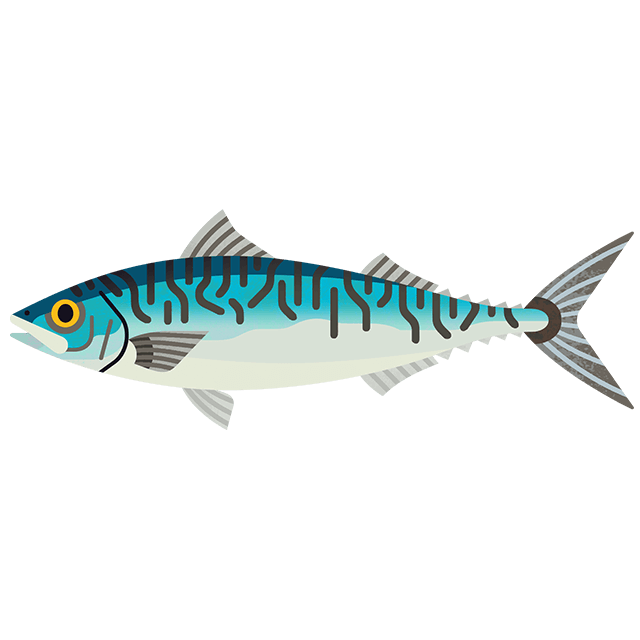
Climate-smart fishing
Our ocean's health is vital in tackling the climate crisis and all industries operating across our seas have a role to play.
UK fishing needs to modernise and change. Our new report with WWF and RSPB, Shifting Gears: Achieving Climate-Smart Fisheries, outlines a way forward for the sector.
What is climate-smart fishing?
This means, simply, that the fishing sector would reduce its impact on the environment. A climate-smart approach takes into account the various ways that the fishing sector impacts the environment through emissions, biodiversity loss and habitat damage and then seeks to address these issues.

Credit: Anney Lier via Shutterstock
How do we achieve it?

Credit: Pact Media
By reducing carbon emissions that come directly from the UK fishing fleet, limiting damage from unsustainable fishing practices and protecting blue carbon habitats.
Our report outlines a number of practical solutions to achieve climate-smart fishing for the future:
- Reduce pressure from fishing gears like trawls and dredges by incentivising a move to methods such as longlines.
- Increase transparency and traceability across UK fishing industry to improve understanding of the impact of fishing and aid stock recovery. This could be achieved by mandating the installation of Remote Electronic Monitoring systems with CCTV cameras across the UK fleet to provide a true picture of catch levels and data to improve management.
- Ban bottom towed gear to protect blue carbon habitats within existing Marine Protected Areas (MPAs) designated for seabed features, as well as limiting towed gear in important blue carbon sites outside current MPAs.
- Create incentives to decarbonise the UK fishing fleet and eliminate inefficient fleet structures, for example by ending fossil fuel subsidies and encouraging fishers to move to electric and solar powered vessels.

Credit: Jack Clarke
The UK already has world-leading legislation in place to modernise the UK fisheries industry in the form of the UK Fisheries Act, 2020. The Fisheries Act sets out a clear objective to address the climate impact of fisheries, but action is yet to be taken.


